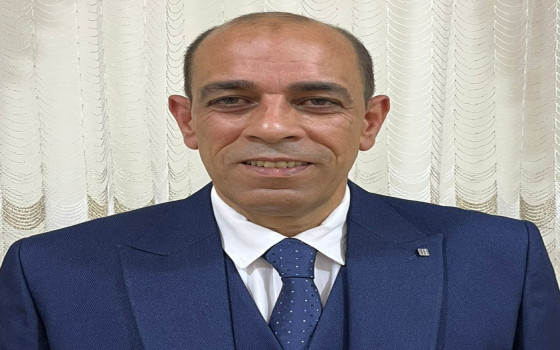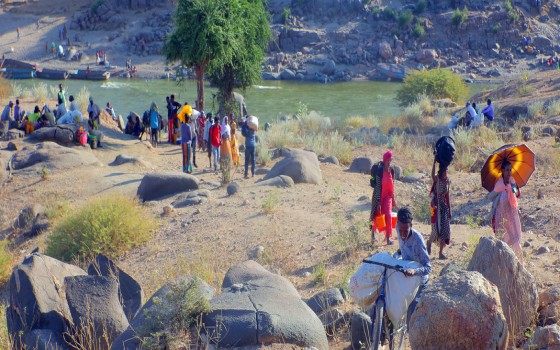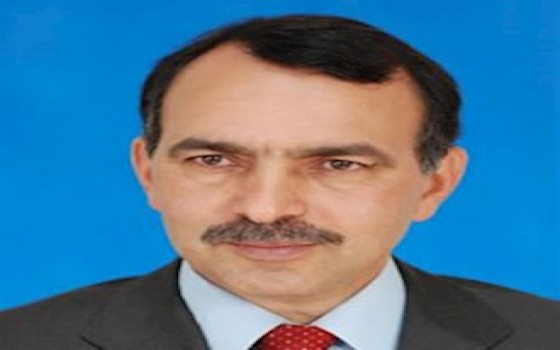
Countries at Cop29 reach $300 billion climate finance deal ... Prepared by Dr. Abdel Moneim Sedky, Professor at the Animal Production Research Institute - Egypt

- Europe and Arabs
- Monday , 25 November 2024 11:14 AM GMT
At the UN climate conference Cop29, countries agreed to a $300 billion annual financing target to help the poorest countries deal with the effects of climate change. However, India announced its opposition to the agreement after it was adopted. The new target aims to replace previous pledges by developed countries to provide $100 billion a year in climate finance to poor countries by 2020. The target was met in 2022, after a two-year delay, and ends in 2025. Countries also agreed rules for a global market to buy and sell carbon credits, which supporters believe will lead to billions of dollars in investment in new projects to combat global warming. A group of conflict-affected countries is seeking to increase financial aid to more than $20 billion a year at the conference. The European Union, the United States and other rich countries will support the $300 billion annual global financing target. Developing countries have rejected a proposal by Azerbaijan for a $250 billion financing agreement, calling it insultingly low. The COP29 talks have exposed divisions between rich and developing governments, and previous failures to meet climate finance commitments have left developing countries skeptical of new promises.
At the UN climate conference, countries agreed to a $300 billion annual financing target to help poorer countries deal with the impacts of climate change. This replaces previous pledges by developed countries to provide $100 billion a year in climate finance by 2020. The target was met in 2022, two years late, and ends in 2025. In addition, countries agreed rules for a global market to buy and sell carbon credits, with the aim of generating billions of dollars in investment in climate-related projects.
How this compares to key areas of the world
Military power
The Stockholm International Peace Research Institute reports that world governments spent $6.7 billion a day on the military in 2023, meaning that the $300 billion in annual climate finance is equivalent to 45 days of global military spending.
Oil consumption
Global crude oil consumption hits $300 billion in 40 days, based on global demand of 100 million barrels per day and Brent crude prices at the end of November
Elon Musk
Elon Musk’s net worth was $321.7 billion at the end of November, Forbes reports, and he has co-founded more than a half-dozen companies, including electric carmaker Tesla and space rocket company SpaceX.
Hurricane losses
Hurricane Katrina caused $200 billion in economic losses in 2005, while Hurricane Helen, fueled by climate change, could cost $250 billion in economic losses. Hurricane Milton, fueled by warmer oceans, could cost insureds and the uninsured nearly $100 billion, according to reports from AccuWeather and Morningstar DBRS.
Cosmetics
Bain & Company’s global luxury goods market is set to reach €363 billion ($378 billion) by 2024.
Copper trade
Chile, the world’s largest copper producer, has a GDP of $335.5 billion in 2023, according to the World Bank.
Greece bailout package
Between 2010 and 2018, eurozone countries and the International Monetary Fund committed €260 billion ($271 billion) to Greece’s bailout programs, the largest government bailout in the economy’s history.
UK bonds
The UK government is expected to increase borrowing to finance its budget, with government bond issuance expected to reach £296.9 billion ($372.05 billion) in the current fiscal year. Microsoft’s market capitalization is over $300 billion, while US oil giant Chevron’s is worth $292 billion.
There is still a long way to go to reach a financial agreement commensurate with the magnitude of global warming. It is a very low figure compared to the available evidence of the scale of existing needs and the understanding of how these needs will evolve.












No Comments Found